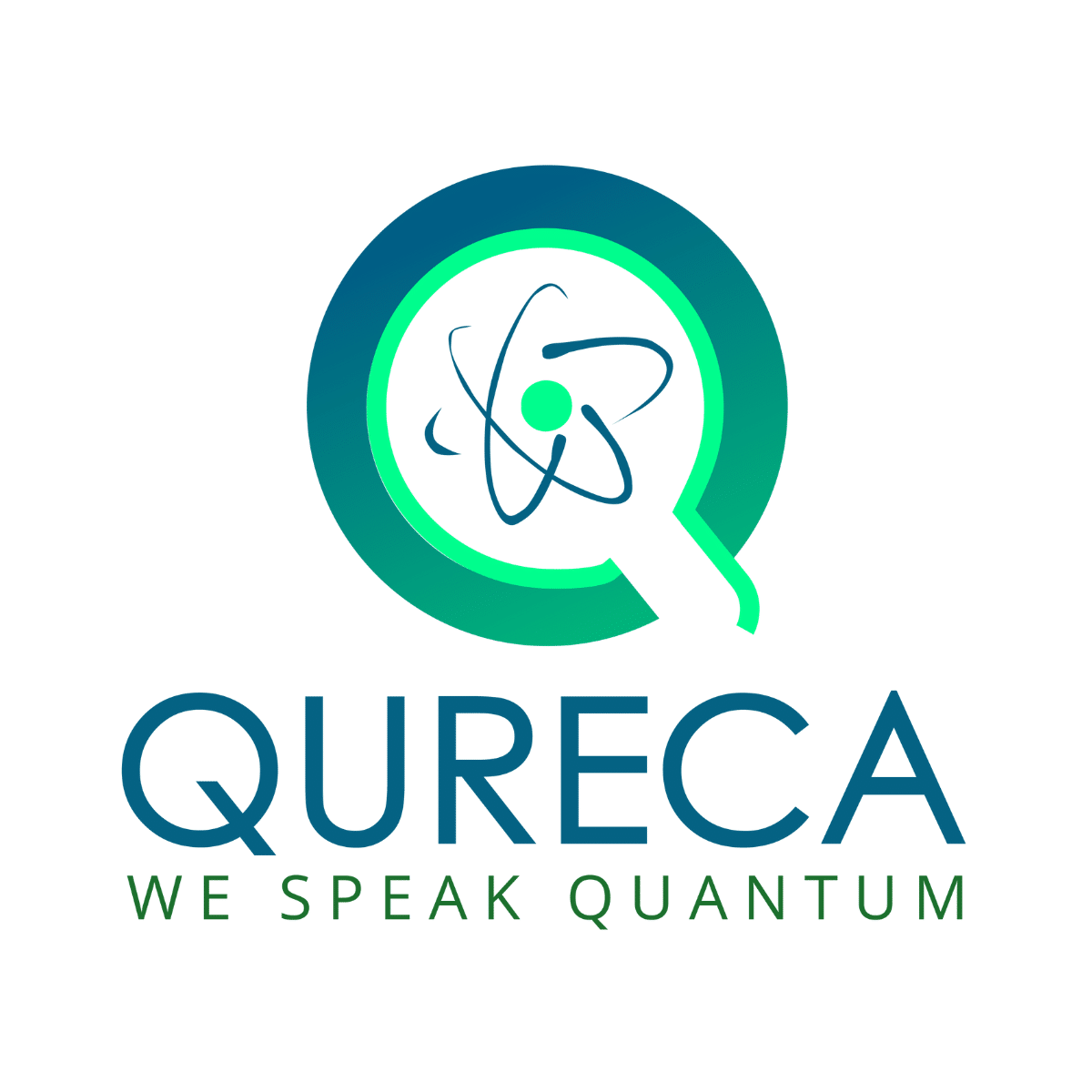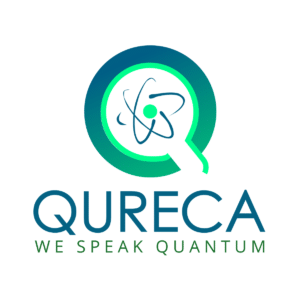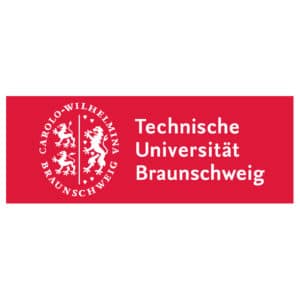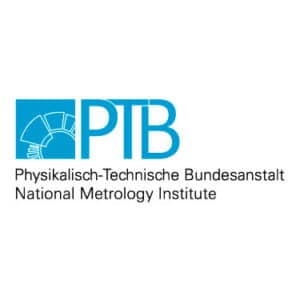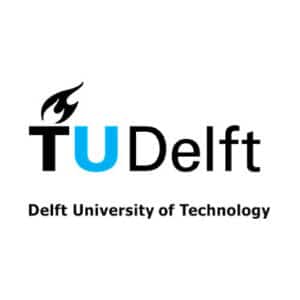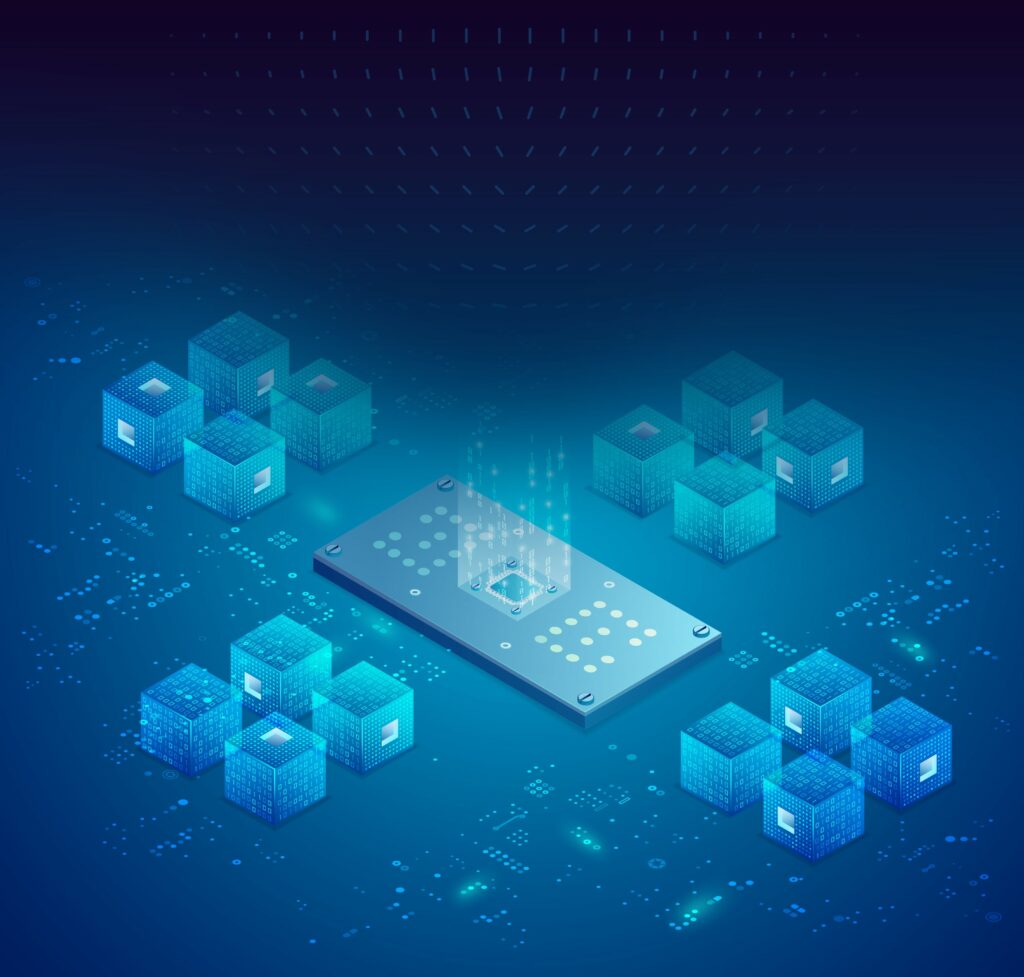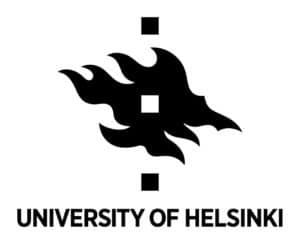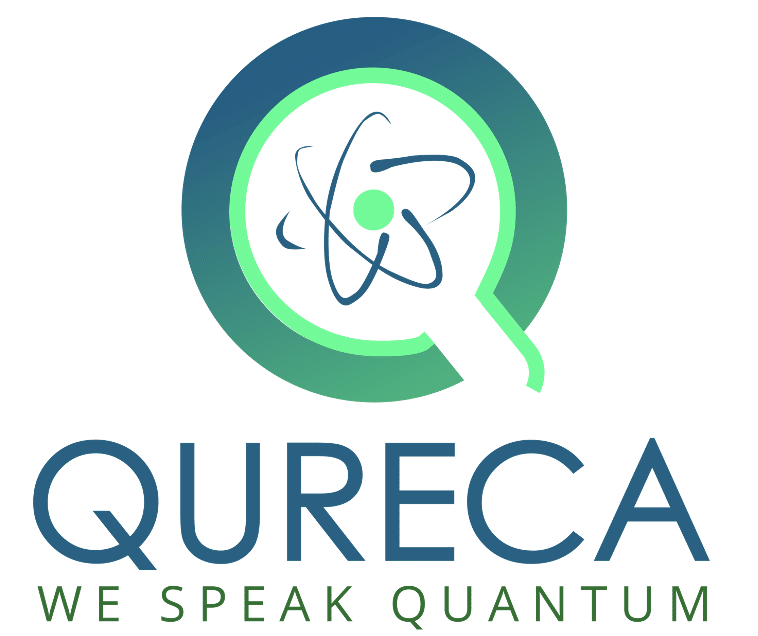QTIndu project is developing courses directly linked to the industry needs and will be tailored to different business sectors, such as telecommunication, software, logistics, pharmaceuticals, healthcare, finance, and consulting, where QT is relevant. Each of these business sectors has its specific QT applications and specific needs for the qualificaion of their workforce.
Modules and courses of various competency levels, industries, target audiences and durations will be stored on a novel block-chain powered ecosystem.
Use our filters to find your course:
General Introduction and Transversal
About
This module will present an overview of the ecosystem being built around quantum computing, providing a solid foundation to understand the potential, opportunities, and strategies surrounding quantum technologies.
Audience
- Executives & Strategists
- Non-Technical Managers
- Engineers & Technicians
- Software Developers and Data Scientists
- Researchers
- Marketing
- HR
- Students
- Quantum Enthusiasts
What you will learn:
- Assess the investment landscape of the quantum industry, including startups, venture capital, and key players.
- Understand the differences between classical and quantum computers abilities.
- Identify and articulate the potential applications and opportunities for quantum computing.
About
This module is a qualitative journey through the basic rules of quantum physics, an introduction to the special and counterintuitive world of quantum. The learner will be guided through interesting phenomena, experimental setups and their (planned) application in the real world.
Audience
- Executives & Strategists
- Non-Technical Managers
- Engineers & Technicians
- Software Developers and
- Data Scientists
- Researchers
- Marketing
- HR
- Students
- Quantum Enthusiasts
What you will learn:
If you successfully complete the module, you will:
-
Understand the difference between classical and quantum technologies
-
Learn basic terms and principles
- Create, elaborate and reflect simple setups for further application
-
Explain basic terms, technological applications and principles
About
This module gives you an insight into varying, mostly broad statements regarding Quantum Technologies – especially Quantum Computing. Together, we will review and clarify diverse myths regarding the performance, potential and accessibility of Quantum Computers. Additionally, we have a look at the relation to other important technologies too. You possibly met these interesting myths in your everyday life and asked, whether they are correct or not.
Audience
- Executives & Strategists
- Non-Technical Managers
- Engineers & Technicians
- Software Developers and
- Data Scientists
- Researchers
- Marketing
- HR
- Students
- Quantum Enthusiasts
What you will learn:
If you successfully complete the module, you will:
-
Deal with everyday statements about Quantum Computing in a differentiated way.
-
Evaluate possible diverse scenarios of applications of classical and Quantum Computing.
- Distinguish myths and facts regarding Quantum Computing.
About
This course is designed to leverage recognised community-produced tools to equip companies with invaluable resources for enhancing their recruitment, education, and training efforts in quantum technology (QT). Targeted at HR professionals, team leaders, managers, and executives, it offers a strategic approach to talent acquisition and development in the field of QT. Over 2.5 hours, the course delves into specific tasks and considerations pertinent to hiring and training managers. This course provides practical tools and strategic insights to navigate the complexities of hiring and training in the rapidly evolving field of quantum technology.
Audience
- HR Professionals
- Team Leaders
- Managers
- Executives involved in hiring and training efforts within the quantum technology domain
What you will learn:
If you successfully complete the course, you will:
- Define job functions and identify diverse talent sources for quantum technology roles.
- Establish effective evaluation protocols for quantum-specific positions.
- Identify core competencies and evaluate training resources for QT.
- Assess and develop in-house training material tailored to quantum technology.
- Familiarise yourself with strategic resources like the Competence Framework for Quantum Technologies and research on Quantum Training Hotspots.
- Utilise the innovative GPT-job post writing service customised for quantum-adjacent positions.
About
The Commercial Quantum Readiness and Strategy course is tailored for professionals exploring the emerging quantum landscape in commerce. With a focus on industry insights, this course provides a comprehensive overview of the challenges and opportunities presented by quantum technology. It addresses key obstacles faced by European companies, such as talent acquisition, technical complexities, ecosystem development, and investment. This course offers practical engagement and strategic insights to help participants navigate and capitalise on the evolving quantum landscape.
Audience
- Team Leaders
- CEOs
- CTOs
What you will learn:
If you successfully complete the course, you will:
- Understand the main challenges and opportunities in the developing quantum landscape.
- Assess your organisation’s readiness and strategic positioning for quantum technology.
- Analyse use case applications to evaluate the applicability of quantum computing within your industry.
- Gauge tangible benefits that quantum technology can bring to enhance competitiveness, innovation, and growth.
- Identify emerging opportunities and learn to capitalise on them through collaboration.
About
This online course introduces basic concepts of quantum science and technologies to prepare you for your quantum computing journey. You will build intuition, familiarity, and competence about the topic without having to dig into its mathematical technicalities, while resting assured about the scientific rigour. At the end of course, you will be able to read news critically and to distinguish, when it comes to the possibilities of quantum computers, truthful and accurate sources from misleading or hyped media sources.
Audience
- Executives & Strategists
- Non-Technical Managers
- Marketing
- HR
- Students
- Quantum Enthusiasts
What you will learn:
- Understand the fundamental difference between classical and quantum computers
- Be aware of the distinction between fault-tolerant and near term quantum devices
- Identify possible fields of application of near term devices in the upcoming years
Quantum Computing and Simulation
About
Quantum Machine Learning (QML) is designed to explore the intersection of quantum computing and machine learning, highlighting the unique advantages and potential applications of merging these two fields. Starting with the context and motivation, the course outlines its potential advantages and applications. Students will delve into:
- Optimisation problems using Quantum Annealing
- Parameterised Quantum Circuits (PQC) and Quantum Approximate Optimisation Algorithm (QAOA)
- Advanced modeling and applications in quantum classifiers, regression, and unsupervised learning methods
Each module includes hands-on exercises, advanced algorithms, the QML ecosystem, and ongoing challenges. This course is designed to equip learners with the knowledge and skills to apply QML to solve real-world problems.
Audience
- Software Developers and Data Scientists
- Researchers
- Students
What you will learn:
- Technical Skills: Participants will gain hands-on experience with formulating Quantum Unconstrained Binary Optimisation (QUBO) and the Quantum Approximate Optimisation Algorithm (QAOA), including the use of D-Wave systems for solving optimisation problems. They will also learn to implement quantum machine learning models such as Parameterised Quantum Circuits (PQC) and Quantum Support Vector Machines, understanding the nuances of quantum algorithms and their industrial applications in machine learning tasks like classification, regression, and clustering.
- Business Skills: The course will elucidate the potential advantages and real-world applications of quantum machine learning, preparing learners to identify and leverage quantum computing solutions for complex business challenges. Additionally, through understanding the strategic importance of quantum-enhanced algorithms and their ability to outperform classical counterparts in specific tasks, students will be equipped to make informed decisions regarding investment in quantum technologies and innovation in their respective fields.
About
Through this course you will be able to gain hands-on experience with Quantum Inspire, Europe’s first public quantum computing platform. Using the real quantum hardware and the various simulation tools provided by the platform, you will be able to experiment and execute quantum algorithms on a real quantum computer, enabling you to discover the possibilities that this new technology offers.
Audience
- Engineers & Technicians
- Software Developers and Data Scientists
- Students
- Quantum Enthusiasts
What you will learn:
- Recognize the purpose and capabilities of Quantum Inspire
- Summarize the basic components and working principles of a quantum computer
- Illustrate example protocols and applications of a quantum computer
- Use cQASM to program and run a (simple) quantum algorithm using Quantum Inspire
- Develop customized quantum algorithms using the Quantum Inspire Software Development Kit (SDK)
Quantum Communication
Course
Quantum Communication and Quantum Networks
About
Targeted at executives, managers, policymakers, and strategic planners in industries such as telecommunications, IT, cybersecurity, defense, finance, and healthcare, this course outlines the transformational impact of quantum communication-related technologies on these sectors. Through modules that cover everything from the basics of quantum mechanics to the strategic implementation of quantum communication solutions, the course prepares participants to make informed decisions about adopting and integrating quantum technologies into their operations, focusing on enhancing security, computational capabilities, and infrastructure readiness for a quantum future.
Interactive learning activities are included to engage learners and reinforce their understanding. Sector-specific applications are explored in depth, illustrating how quantum communication could revolutionise different fields ranging from finance to national security.
Audience
- Executives & Strategists
- Non-Technical Managers
What you will learn:
- Learn about the structure and components of quantum networks, including quantum repeaters and quantum memories.
- Explore how quantum communication technologies are applied in various industries including telecommunications, IT, cybersecurity, finance, healthcare, and defense.
- Analyse real-world case studies and pilot projects involving quantum networks to understand their outcomes and challenges.
- Keep abreast of emerging trends and future developments in quantum communication technologies.
- Learn how to approach the integration and adoption of quantum communication technologies, focusing on practical and sector-specific applications.
About
Quantum Network Explorer (QNE) is currently the only educational platform wholly committed to the advancement of quantum networking. In this course, you will gain proficiency in QNE ADK for quantum network application development and learn to share your creations on QNE’s Community Application Library.
Audience
- Engineers & Technicians
- Software Developers and Data Scientists
- Students
- Quantum Enthusiasts
What you will learn:
- Understand the fundamentals of quantum networks and their future applications.
- Utilise the diverse resources provided by the Quantum Network Explorer to gain practical insight into quantum networks through hands-on experience
- Run your own quantum network simulations by leveraging the pre-built applications available in QNE’s Community Application Library.
- Develop customised quantum network applications using QNE’s Application Development Kit (QNE-ADK) and contribute to the global QNE community by sharing your work
- Use SquidASM as an advanced simulator for quantum network applications, elevating your research capabilities to the next level.
Quantum Sensing
About
This is an introductory workshop to quantum sensing presented through the lens of quantum magnetometry and with a focus on diamond color centers (NV centers). The course includes an overview of quantum technologies and a qualitative explanation of quantum sensing. In addition, the theoretical background will be explained, use cases will be presented, and a hands-on part will complete the workshop.
Audience
- Non-Technical Managers
- Engineers & Technicians
- Researchers
- Students
- Quantum Enthusiasts
What you will learn:
- Understand the principles of quantum sensing.
- Acquire an overview of different technologies.
- Elucidate advantages and limitations.
- Qualitatively explain the physical phenomena involved.
- Become aware of use-cases and assess potential new applications.
- Perform measurements using our user-friendly quantum education kits.
About
Taking place on 9 December 2024, this hands-on workshop will delve into the basics and real-world applications of superconductivity and SQUID (Superconducting Quantum Interference Device) sensors, providing a rare opportunity for immersive, practical learning.
Audience
Although no prior knowledge of quantum physics is a prerequisite for the workshop, the hands-on nature of the content might make it more suitable for groups of people with a technical background.
Whether you are an engineer, researcher, or simply passionate about quantum technology, this session offers unparalleled insights into the world of quantum sensing.
What you will learn:
- Explore cutting-edge facilities: Get an inside look at PTB’s magnetically shielded room, a unique environment essential for high-precision quantum experiments.
- Learn from the experts: This workshop, led by top researchers at PTB, will introduce you to the basics of superconductivity and SQUID sensors, along with their wide-ranging use cases.
- Hands-on experience: Move beyond theory and experiment directly with superconductors and liquid nitrogen in a supervised, practical setting.
- Connect and network: Engage with like-minded professionals and researchers from various sectors, fostering connections that may spark future collaborations.
About
This module explores the diverse and rapidly developing field of quantum sensing and imaging. Participants will gain a solid understanding of how quantum and atomic physics are transforming the way we detect, measure, and interpret the world around us. The course provides an overview of enabling technologies, key applications, and the growing ecosystem of organisations advancing this domain. While accessible to all learners, a basic familiarity with quantum physics is recommended.
Audience
- Executives & Strategists
- Engineers & Technicians
- Software Developers and Data Scientists
- Researchers
- Students
- Quantum Enthusiasts
What you will learn:
- Understand the fundamental principles of quantum mechanics as applied to sensing and imaging.
- Explore a range of quantum sensors, including atomic clocks, magnetometers, and interferometers.
- Discover quantum-enhanced imaging techniques and their practical implications.
- Identify real-world use cases and applications across industries such as healthcare and environmental monitoring.
- Assess the evolving landscape of quantum sensing and imaging, including emerging trends and key players.
